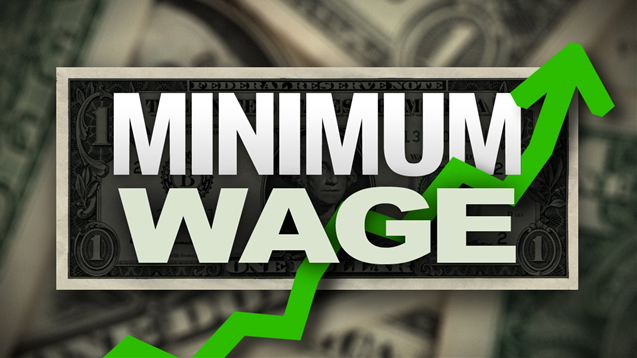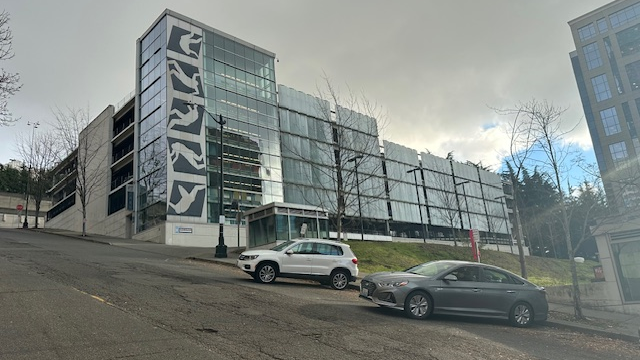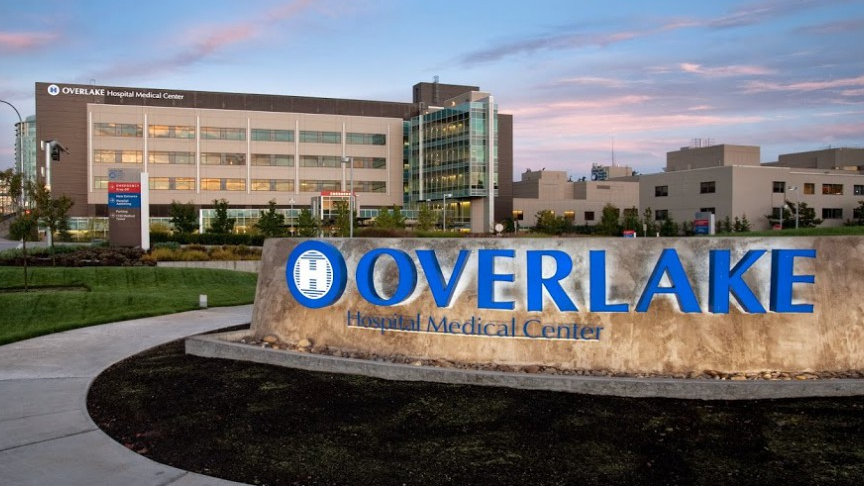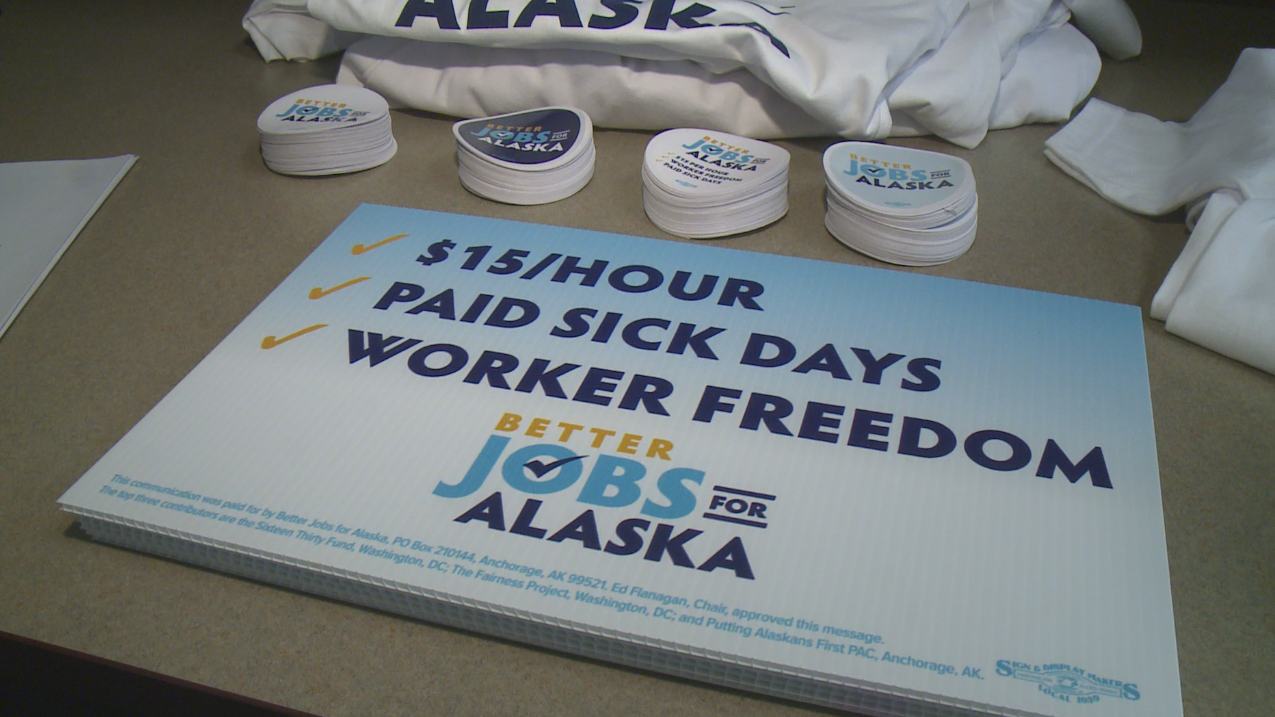Everett, Washington, is experiencing a growing push to increase its minimum wage, joining a broader statewide trend of cities seeking to address the rising cost of living. Two primary groups, Raise the Wage Responsibly (RWR) and Everett Deserves a Raise (EDR), have emerged to increase Everett’s minimum wage from the current state minimum wage of $16.28 to $20.24. These groups have submitted enough signatures to the city clerk’s office to place this on the November ballot.
The driving force behind these initiatives is the increasing difficulty for low-wage workers to afford necessities. According to the National Low Income Housing Coalition’s Out of Reach 2023 report, a full-time worker earning Washington’s minimum wage must work 77 hours weekly to afford a modest one-bedroom apartment.
While RWR and EDR aim to raise the minimum wage, their approaches differ significantly. RWR advocates for a gradual increase that considers total compensation, including tips and benefits. They argue that this model, successfully implemented in Seattle, can mitigate the economic impact on businesses. In contrast, EDR proposes a more substantial and immediate increase for all workers, regardless of additional income.
Everett’s minimum wage debate mirrors a broader trend across Washington. Several cities have already enacted minimum wages exceeding the statewide rate. For instance:
- Seattle: $19.97 per hour for large employers (500+ employees worldwide)
- SeaTac: $19.71 per hour for hospitality and transportation
- Tukwila: $20.29 per hour for large employers (highest non-industry-based minimum wage in the nation) and $18.29 for small employers (15-500 employees worldwide or annual gross revenue over $2 million)
- Bellingham: $17.28 ( $1 more than the state minimum. Will increase to $2 more starting May 1, 2025)
- Renton: $18.29 per hour for small employers and $20.29 per hour for large employers (Matches Tukwila for the highest in the country)
Understand Seattle and SeaTac will have minimum wage increases on January 1, 2025.
The outcome of the November ballot in Everett will have significant implications for its residents. A complex interplay of economic factors, public opinion, and political considerations will likely influence the decision. A ballot measure with a minimum wage increase has not failed in the last 25 years.
As the cost of living continues to rise, the pressure on policymakers to address wage inequality will undoubtedly intensify. The minimum wage debate in Everett serves as a microcosm of the broader challenges facing workers across Washington state and the nation.
Challenges for Cities Maintaining State Minimum Wage
While many cities in Washington have opted to increase their minimum wages to address local economic conditions, cities like Bellevue and Tacoma that maintain the state minimum wage face unique challenges. These include:
- Difficulty Attracting and Retaining Workers: In high-cost areas like Bellevue, employers may struggle to compete for lower-wage workers, leading to labor shortages and decreased productivity.
- Increased Turnover and Training Costs: High turnover rates due to low wages can increase costs for hiring and training new employees.
- Lower Worker Morale and Productivity: Employees earning minimum wage in high-cost areas may experience financial stress, which can affect job performance and overall morale.
- Economic Disparity: A wider gap between the cost of living and wages can contribute to increased economic inequality within the city.
Cities may need to consider implementing other policies to support low-wage workers, such as affordable housing initiatives, expanded access to public transportation, or increased funding for social services.
The decision on Everett’s minimum wage increase will be a crucial indicator of how the city will adapt to its residents’ growing economic pressures. With two distinct approaches from Raise the Wage Responsibly and Everett Deserves a Raise, the debate highlights the complexities of balancing worker needs with economic sustainability for businesses. The upcoming November ballot is not just a local issue but a part of a larger movement advocating for fair compensation for all workers. The outcome will likely shape future policies and debates on minimum wage increases in Everett and nationwide.










